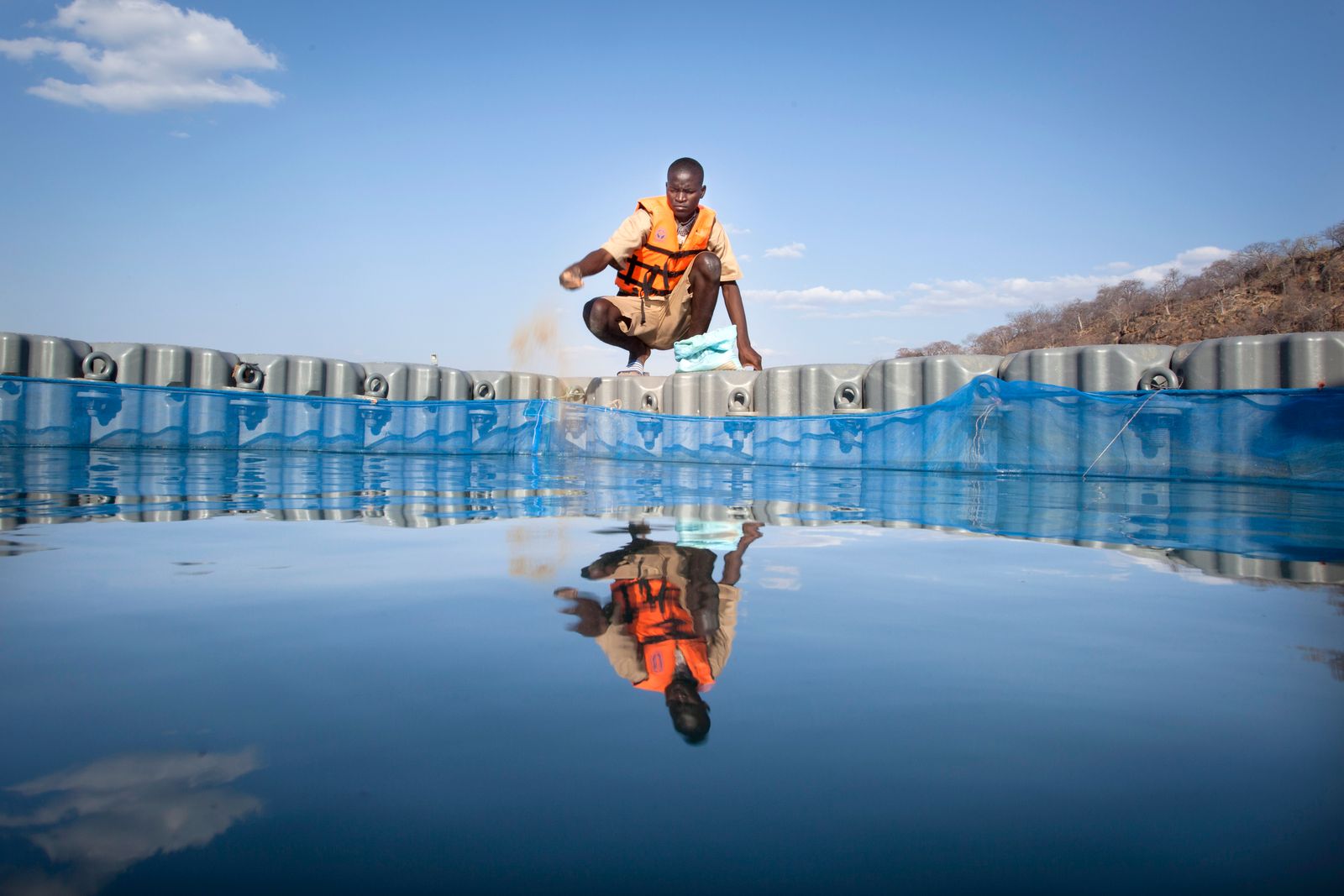
The Hague, 1st of December 2021 - If we want to look after the planet, we must stop overfishing our oceans. The solution to reducing pressure on the oceans is aquaculture. But only if it can be done sustainably. Aqua-Spark focusses on making aquaculture more sustainable. ‘We lift the entire supply chain to a higher level.’
Even if you have not watched the documentary Seaspiracy, you probably know that fish, which tastes great and is quite healthy, is not always caught in a sustainable way. Fish stocks are threatened by overfishing, trawl nets damage the seabed and by-catch is discarded – all too often, fishing is detrimental to marine biodiversity. Yet fish is a great source of protein and an excellent alternative to meat. If you want to be sure that the fish on your plate is fully sustainable and does not harm the environment, aquaculture is the answer, say Mike Velings and Amy Novogratz, founders of the Aqua-Spark investment fund.
INVESTING FOR POSITIVE IMPACT ACROSS THE SUPPLY CHAIN
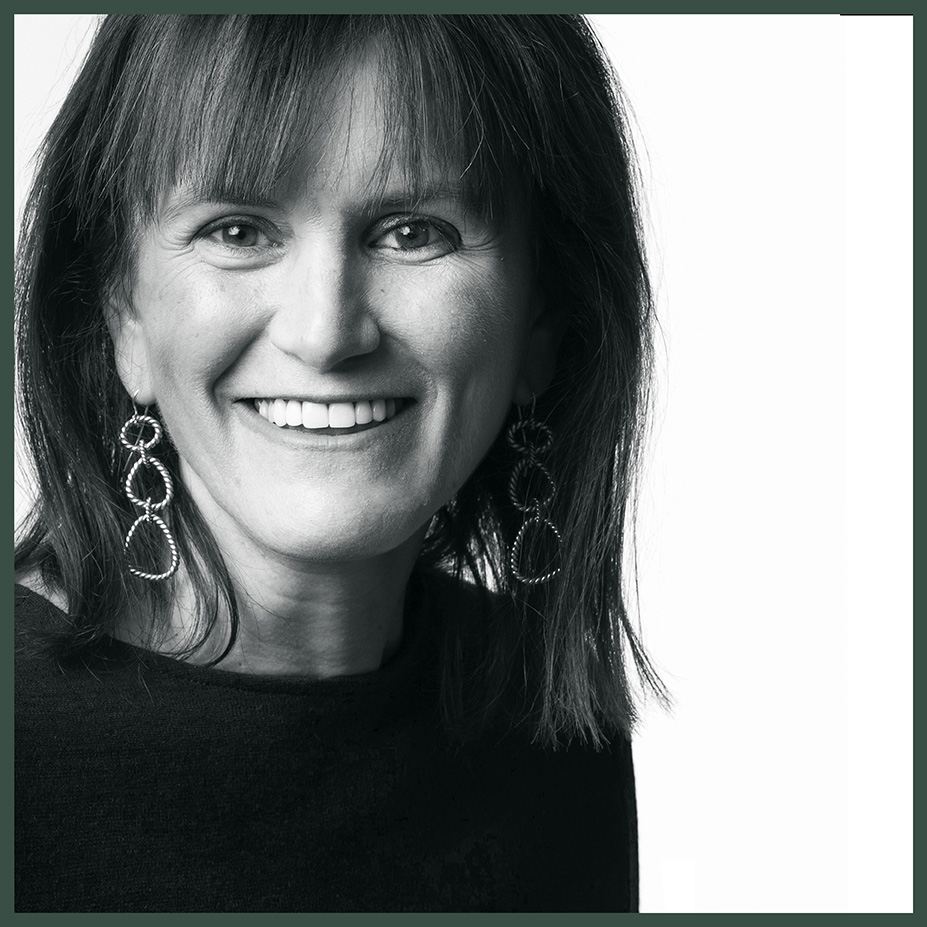
AMY NOVOGRATZ
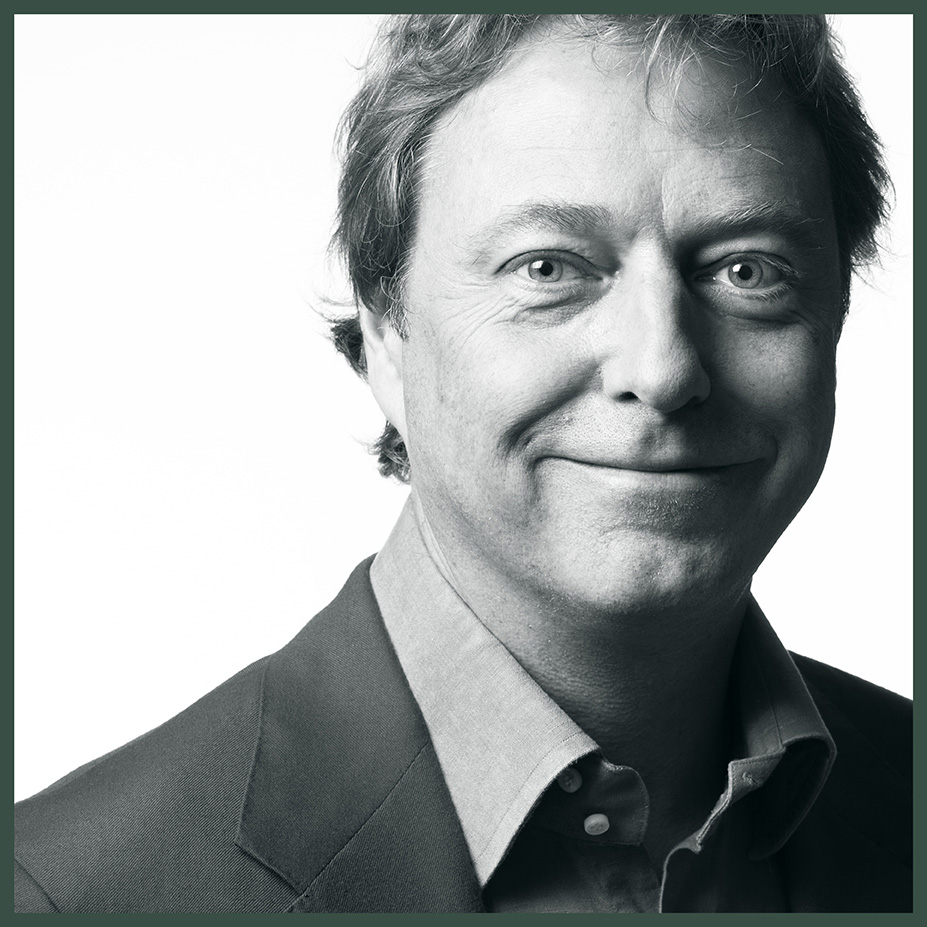
MIKE VELINGS
DEMAND FOR FARMED FISH WILL INCREASE THREE-FOLD
As they freely admit, before Aqua-Spark could be launched in 2015, Velings and Novogratz had a lot to learn about aquaculture and the industry behind it. ‘We realised that making the industry more innovative wouldn’t be easy. Often, the companies involved were small businesses that hardly even used modern technology to manage their production, for example. Large investors didn’t express much interest either, despite the fact that demand for farmed fish is set to increase three-fold halfway through this century. That means that two-thirds of all this fish must come from companies that will be set up over the next few years. As it stands, the industry isn’t perfect, and this gives us, as investors, an excellent opportunity to add value to this young, fast-growing industry.’ So, fish has a future. It is a highly efficient source of protein: one of the farmers Aqua-Spark invests in can convert 1 kilo of feed into 1 kilo of fish. ‘We’re not telling anyone to stop fishing, but every kilo of farmed fish reduces the pressure on our oceans.’
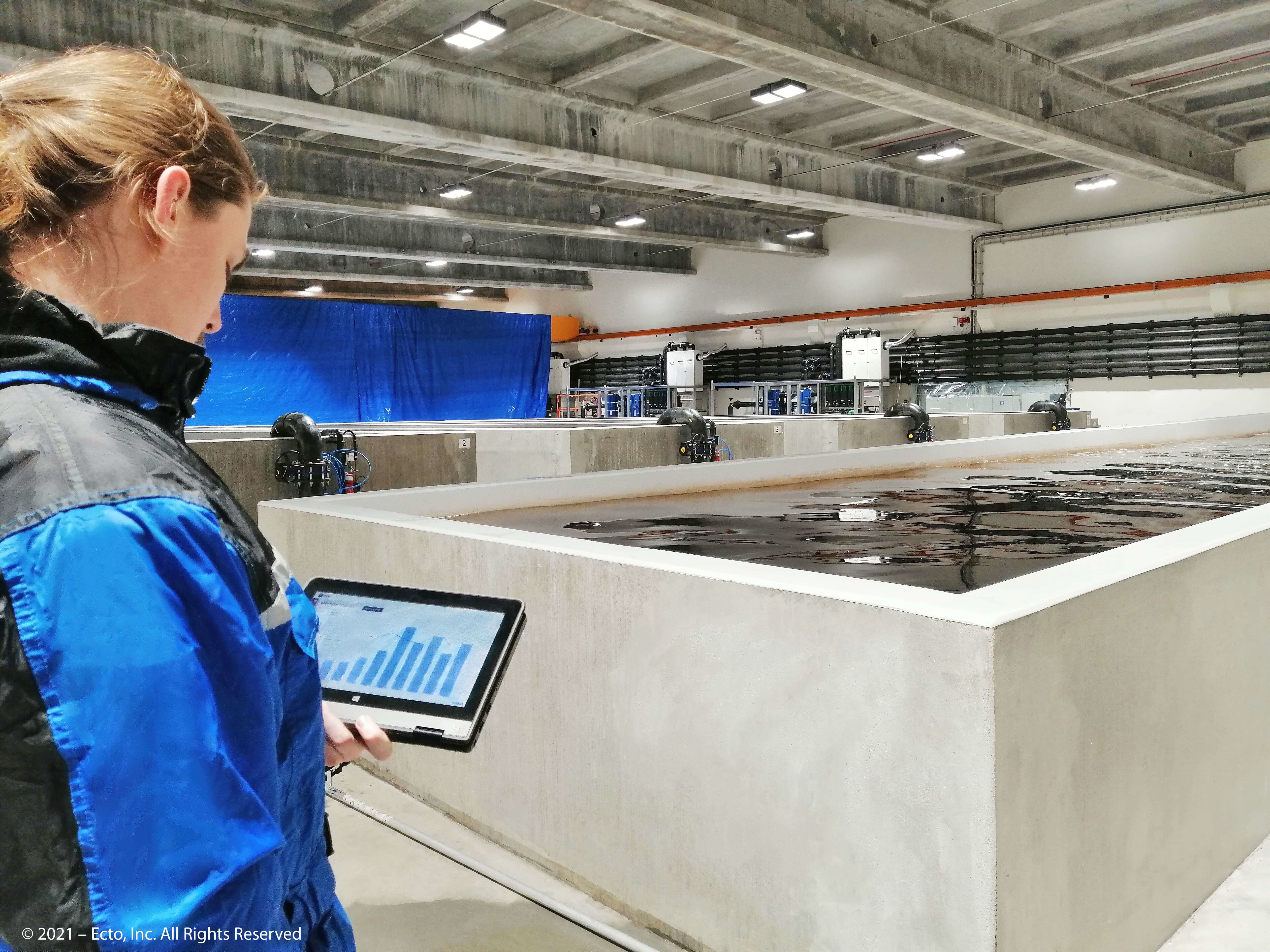
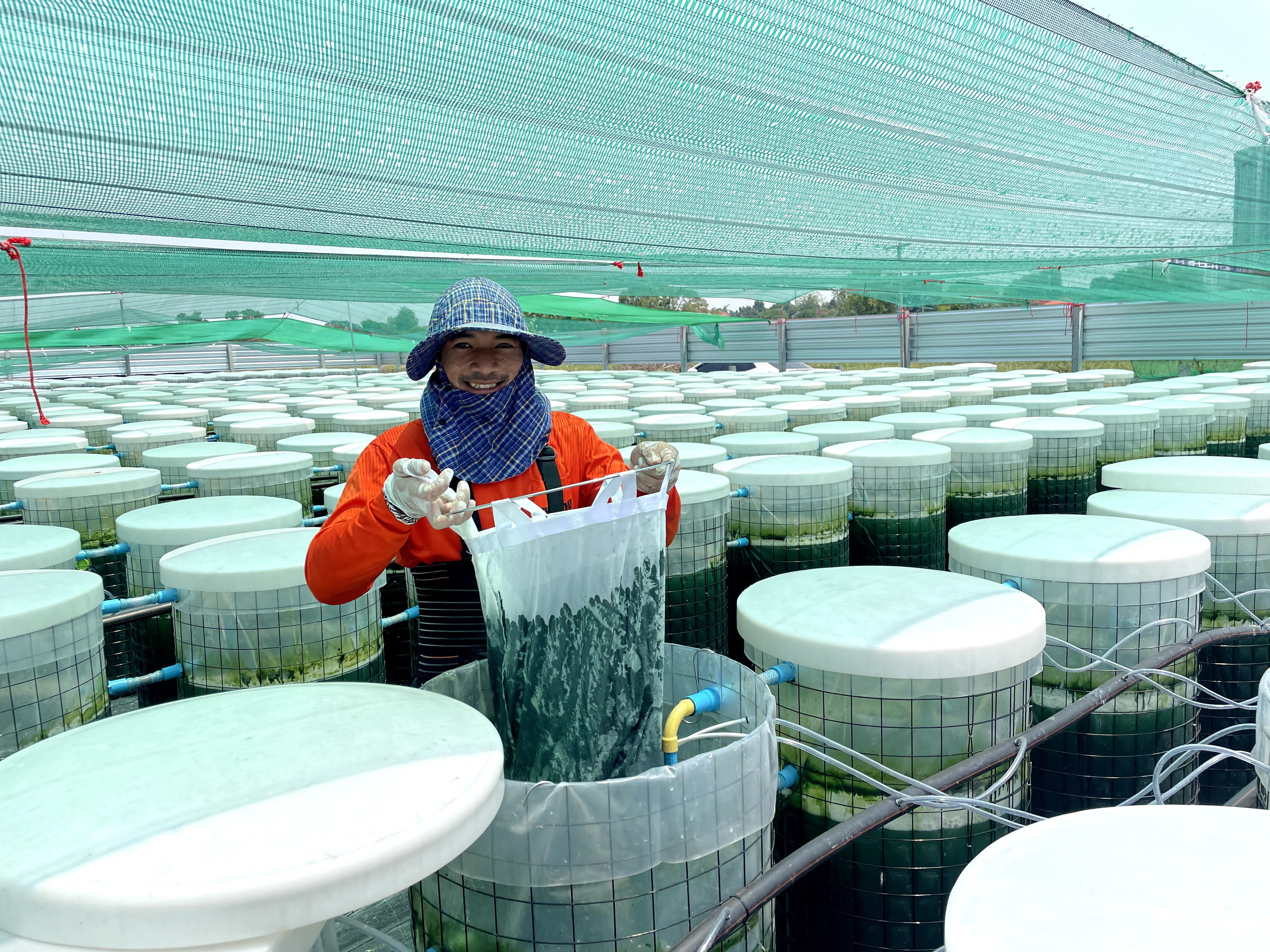
Aqua-Spark now has a global portfolio of dozens of companies with the best technology and approach. Producers of feed and alternatives to antibiotics, forward-looking farmers, online technology and hardware. They are all exemplary businesses that show the world how things can be done differently and drive aquaculture towards a more sustainable future.
INSECTS
Take Dutch company Protix, for example, which produces fish feed based on insects. This is a perfect alternative to soya beans, maize or even fish and meat, which are used as the basis for conventional fish feed. ‘If you want to produce sustainable fish feed, you can’t overlook insects, seaweed and other alternatives. That way, you also reduce the impact that fish feed often has on land and sea.’
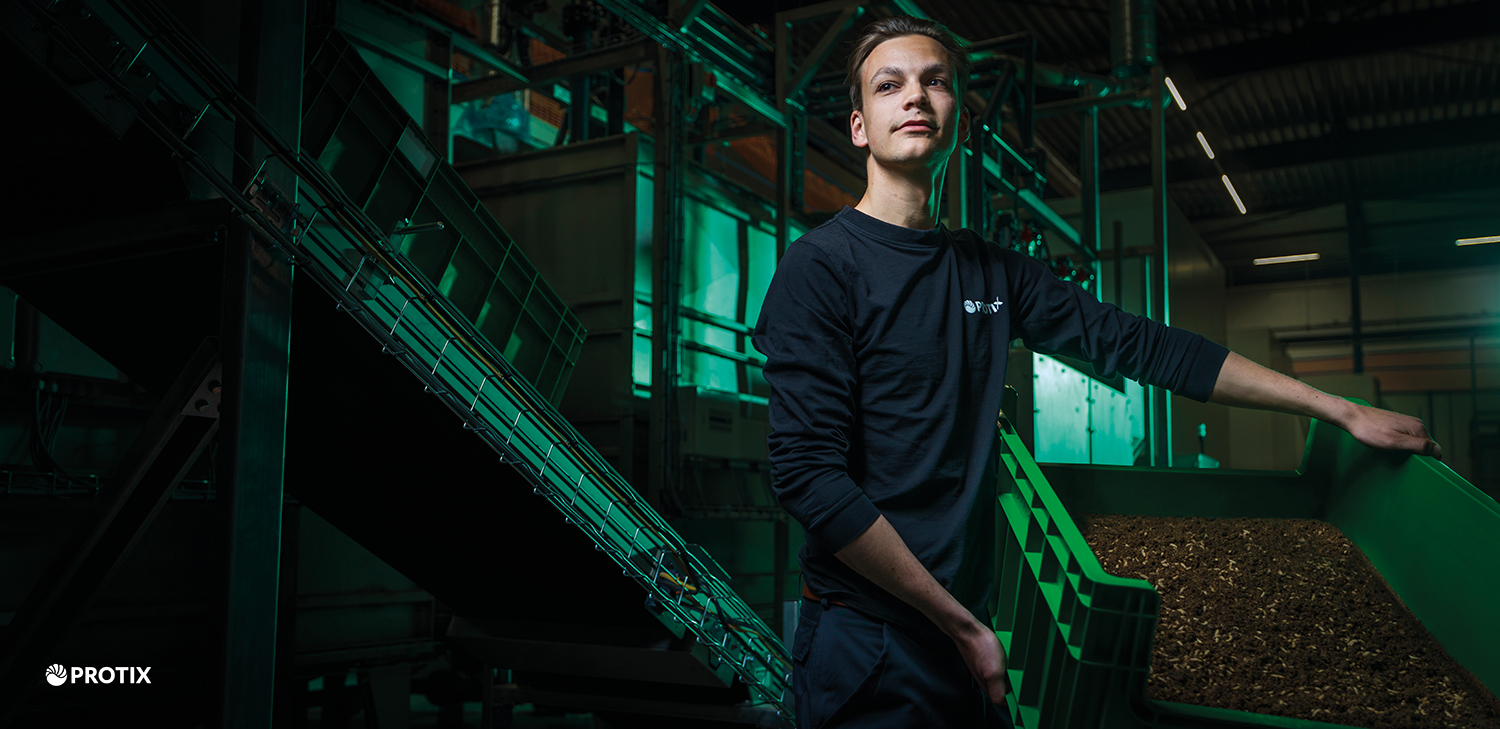
BIODIVERSITY AS A DRIVER FOR RETURNS
Aqua-Spark is investing in biodiversity as a driver for significant returns. ‘We aim for the double-figure returns that our investors expect. We are not a minor player that you invest in “as a hobby”. This is set to grow into a portfolio with a market value of 2 to 5 billion euros,’ says Velings.
‘Our deals sometimes feel a bit like venture capital, when we invest in companies that are at a very early stage. But we also do private equity deals with companies that are already significant in size. The main difference from many other investors is that we’re in this for the long term. We get involved at an early stage, sometimes with only a few hundred thousand euros, but we are ready with follow-up investments and remain on board until our businesses reach maturity.’ Novogratz says, ‘We understand how difficult it is for companies to make the shift to genuinely sustainable business practices, and we want to help them with this. If you share the same vision, you will succeed. That’s why we also require our portfolio businesses to collaborate with each other if this could benefit them. A farmer can switch to sustainable feed from one of our other businesses. Meanwhile, all the businesses must offer each other their best possible terms.’
And yes, when you invest at such an early stage, not all expectations are always realised – that is just how it is with venture capitalism. Velings: ‘We invested in a US start-up whose product was already in the supermarkets. It didn’t catch on, but they’re working hard on a better business model.’ Novogratz adds, ‘We’re not letting this get us down. If, like us, you want to take the entire supply chain to a higher level, you can’t just ignore a link in the chain because it is having more trouble with the transition to more sustainable business.’

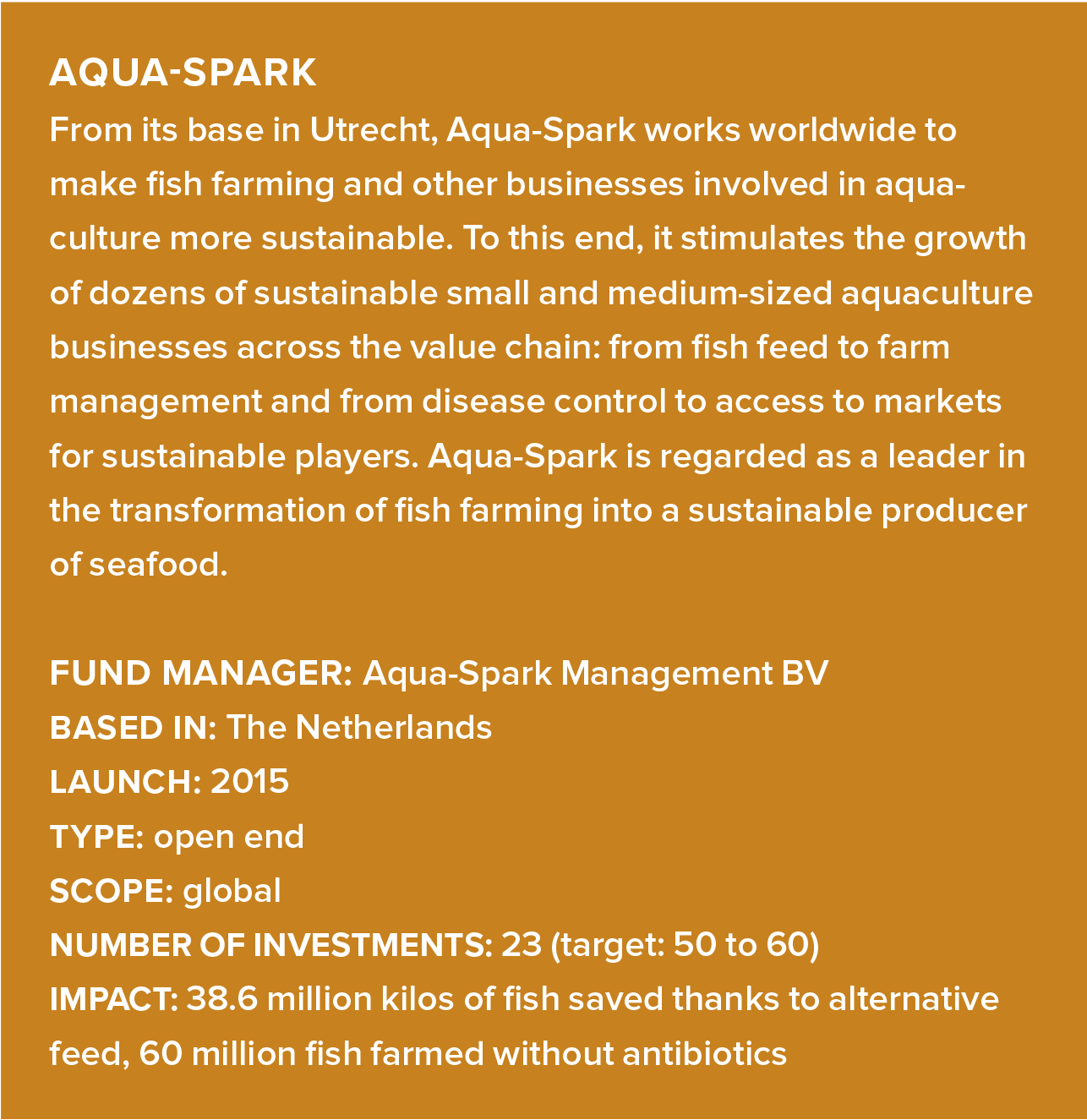

Update Aqua-Spark
At the end of December 2024, the value of the ASN Biodiversity Fund declined unexpectedly, resulting in a negative return for the year. This was (primarily) due to suspected accounting irregularities at eFishery, a portfolio company within a fund in which the ASN Biodiversity Fund is invested, resulting in a write-down of the fund. We deeply regret this situation and fully understand that it raises concerns. Although the investigation into eFishery is still ongoing, we believe it is important to provide further context and explain the background.
suspected accounting irregularities at eFishery
FOR MORE INFORMATION ABOUT THE ASN BIODIVERSTY FUND
Contact us via info@asnimpactinvestors.com